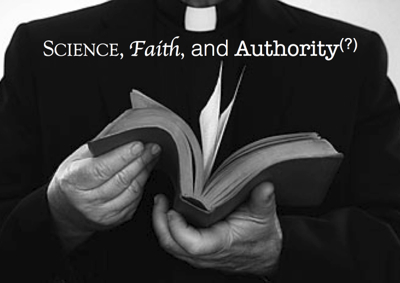
- This event has passed.
Dr. Matthew Farrar

Date
April 12, 2014 at 9:30 PM EDT
Location
411 Willard Straight Hall
Graduate Christian Fellowship Roundtable.
Pre-discussion pizza dinner at 7:00, all welcome. Please RSVP for dinner by emailing [email protected].
As our knowledge of the natural world has exploded with the advance of modern scientific inquiry, science itself has become for many the definitive epistemological authority. Naturally, the priestly oracles of this neo-orthodoxy are scientists, those who mediate the Scientific Word to the masses. In contrast, pastors, priests and other clergy have been relegated in the public mind to religiously-seasoned social workers offering over-worked aphorisms about a distant and tenuous hereafter in a cheap form of Sunday morning entertainment. This shift in authority places Christians in higher education–especially in the sciences–in a unique position as spokespersons for the Christian religion in the public realm. Dr. Farrar will discuss this paradigm and how it shapes the responsibilities and practicalities of our role as ambassadors for Christ.
Dr. Matthew J. Fa rrar was born and raised in Hamilton, Ontario, Canada, where he received his BSc. in Physics from McMaster University in 2007. He received his PhD in Physics from Cornell University in 2012, focusing on the development and utilization of nonlinear optical tools for preclinical studies of spinal cord injury. He is currently a post-doctoral associate in the Department of Neurobiology and Behavior at Cornell University, and is starting as an Assistant Professor of Physics at Messiah College in the fall of 2015.
rrar was born and raised in Hamilton, Ontario, Canada, where he received his BSc. in Physics from McMaster University in 2007. He received his PhD in Physics from Cornell University in 2012, focusing on the development and utilization of nonlinear optical tools for preclinical studies of spinal cord injury. He is currently a post-doctoral associate in the Department of Neurobiology and Behavior at Cornell University, and is starting as an Assistant Professor of Physics at Messiah College in the fall of 2015.
Dr. Farrar is a member of Bethel Grove Bible Church and Intervarsity’s Graduate Christian Fellowship. In these contexts, he has taught on a variety of topics, including origins, Hebrews, the New Atheism, historical theology, Christian ethics, and the Apostles’ Creed. Most recently, he taught a 12-week course in Bethel Grove’s adult education program entitled ‘Epic of the Old Testament’ which provided an overview of the Old Testament, including a key focus on the relationship of early Genesis to its Ancient Near Eastern context.
